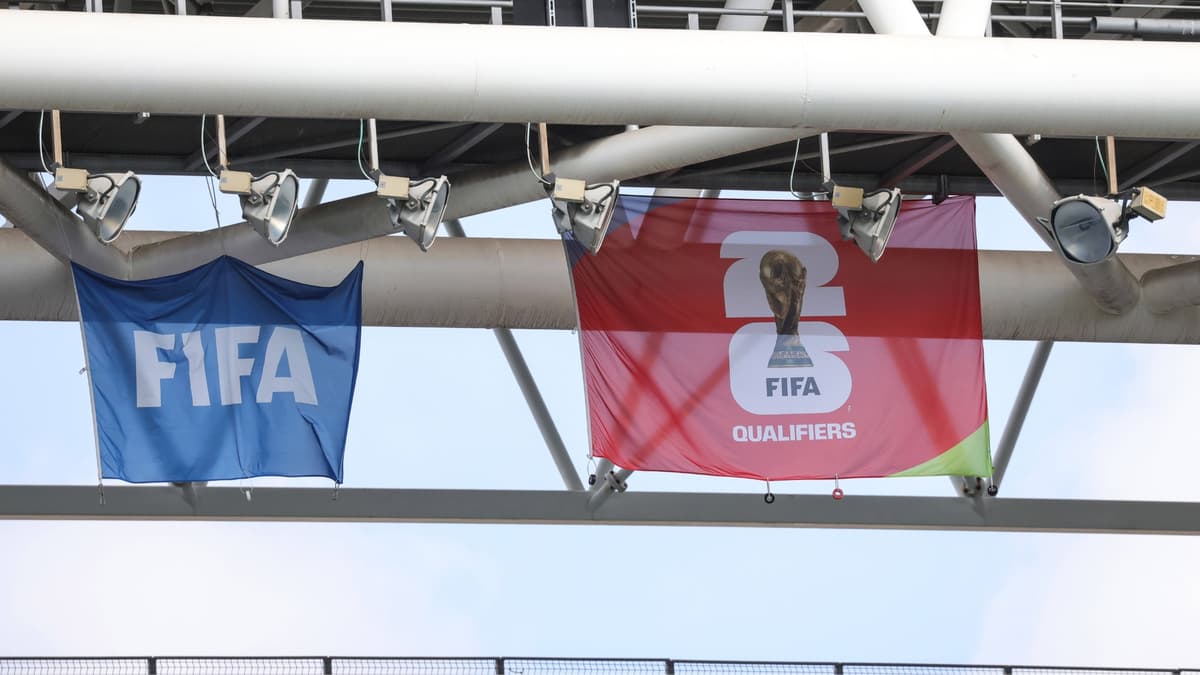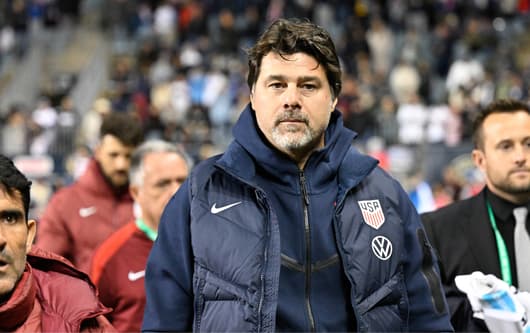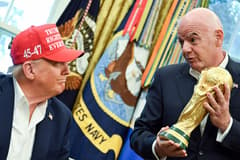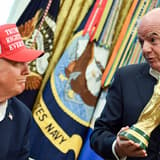-
Nieuws
- 30 Jan 2026
Deadline approaching fast for USA, Canada and Mexico residents as a further one million 2026 World Cup tickets go on sale

FIFA released another batch of one million tickets for the 2026 World Cup this week, with the deadline fast approaching for soccer fans to secure their seat at a game for next summer.
The next edition of the World Cup will take place in the United States, Canada and Mexico and will be the first in history to feature an expanded 48-team roster of nations.
One batch of tickets were released previously and the reaction was overwhelmingly negative due to the prices set by FIFA.
FIFA previously informed the select few who had been chosen in its 'first ticket lottery' that they could proceed with purchasing entry to games.
However, the lucky ones who managed to gain access soon realised that the $60 tickets FIFA had been promoting were few and far between. Instead, most prices were in the hundreds and even thousands.
Split into four pricing categories depending on the location of the seat, the cost for group stage games ranged from $60 to $620. Ticket prices for the final at MetLife Stadium reached as high as $6,730, with even Category 4 spots going for as much as $2,030, according to The Athletic.
Since then, FIFA has opened an official secondary market in the US and Canada, and prices have skyrocketed even further due to the governing body charging a 15 per cent commission and not implementing a cap.
Tickets have also hit third-party sellers. At the time of writing, upscale final seats at MetLife Stadium are being listed for as much as $537,752 on Stubhub. The cheapest ticket currently costs $6,886.
One million World Cup tickets on sale
Whether people can afford the tickets or not, the second batch of one million tickets went on sale on Monday and the period for purchasing runs until 11am Eastern Time on Friday.
Residents of the USA, Canada and Mexico are given an exclusive time slot to purchase tickets before they go on general sale, as long as they come out of a ballot.
"We already have seen massive interest from around the world for this tournament, and especially from within the host countries as Canada, Mexico and the United States prepare to host the biggest FIFA World Cup yet," the World Cup chief operating officer, Heimo Schirgi, said.
"This second phase, with its host country domestic exclusivity time slot, will allow us to say 'thank you' to these local fans, while ensuring global opportunity as well."
Those who enter the ticket draw before the Friday deadline will be given a specific time slot to purchase the tickets as long as they are a resident of the USA, Canada or Mexico.
These time slots will start on November 12.
From November 17th, other nations are eligible to purchase tickets.
ESPN reports that: "Based on the listed stadium attendance figures, there are roughly 7.1 million seats to fill for the 104 matches for the tournament around 16 North American venues."
Visa Delays
President Donald Trump's crackdown on immigration is in the news every single day and stricter border controls will have an effect on travelling fans.
When the 2026 host nations were confirmed, Trump confirmed that "all eligible athletes, officials and fans from all countries around the world would be able to enter the United States without discrimination".
That is the case...for some.
Fans from the United Kingdom and the EU will be able to travel without a Visa due to the Visa Waiver programme. However, that initiative hasn't extended to fans from Asia, Africa and South America, all of whom will need to apply for an official Visa to travel to the tournament.
Unfortunately, there is no department specifically designated for World Cup travellers so those applying for a Visa must do it along with every single other person looking to travel to the United States over the next year.
Applications can take as long as a year to be confirmed or rejected and they usually require a face-to-face interview held at an American embassy.
Qatar and Russia implemented a Visa fast-track programme for the last two World Cups but the USA decided against that.



















